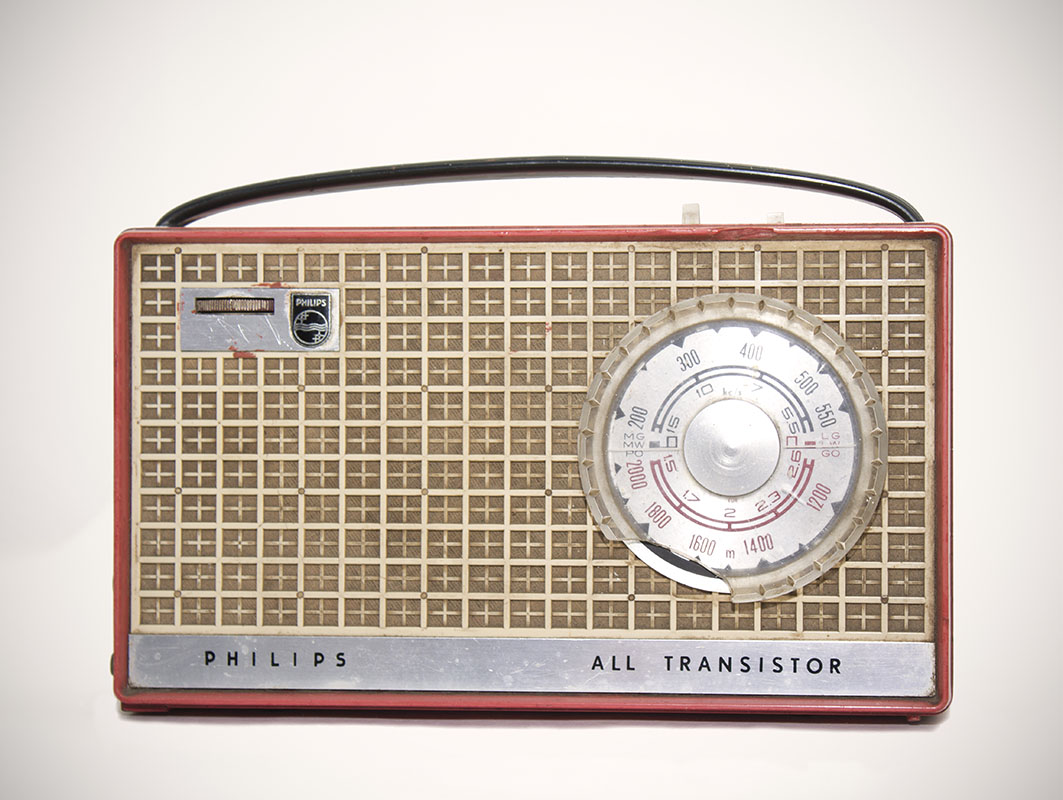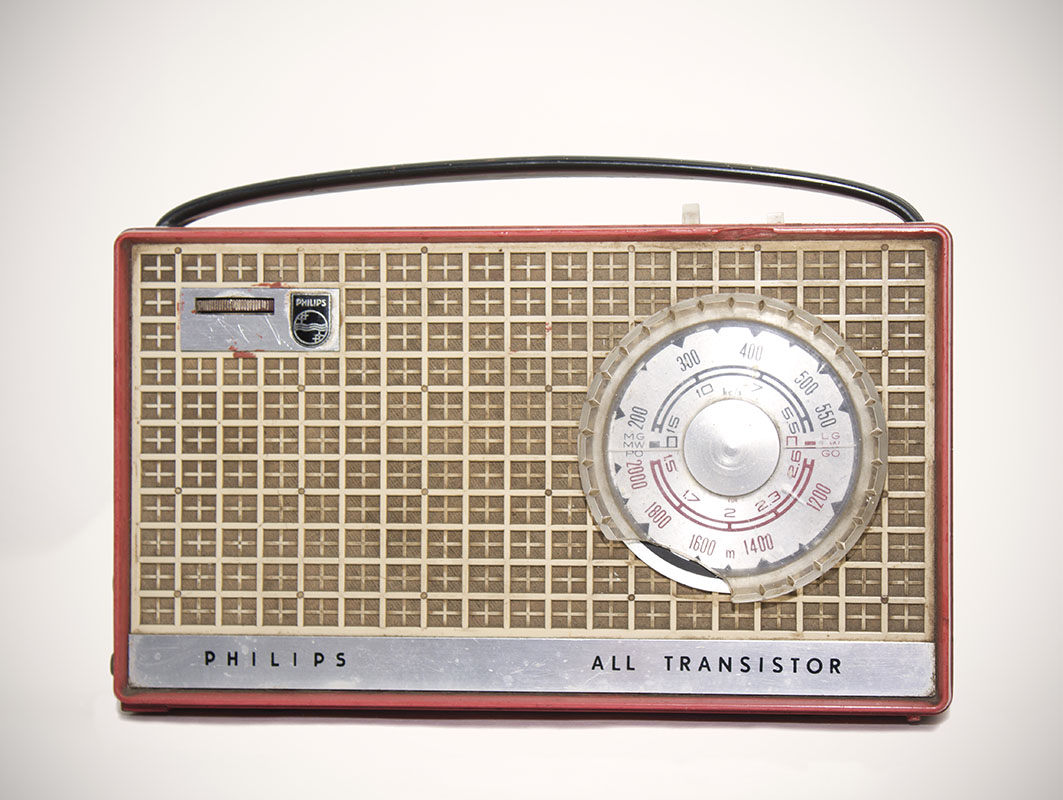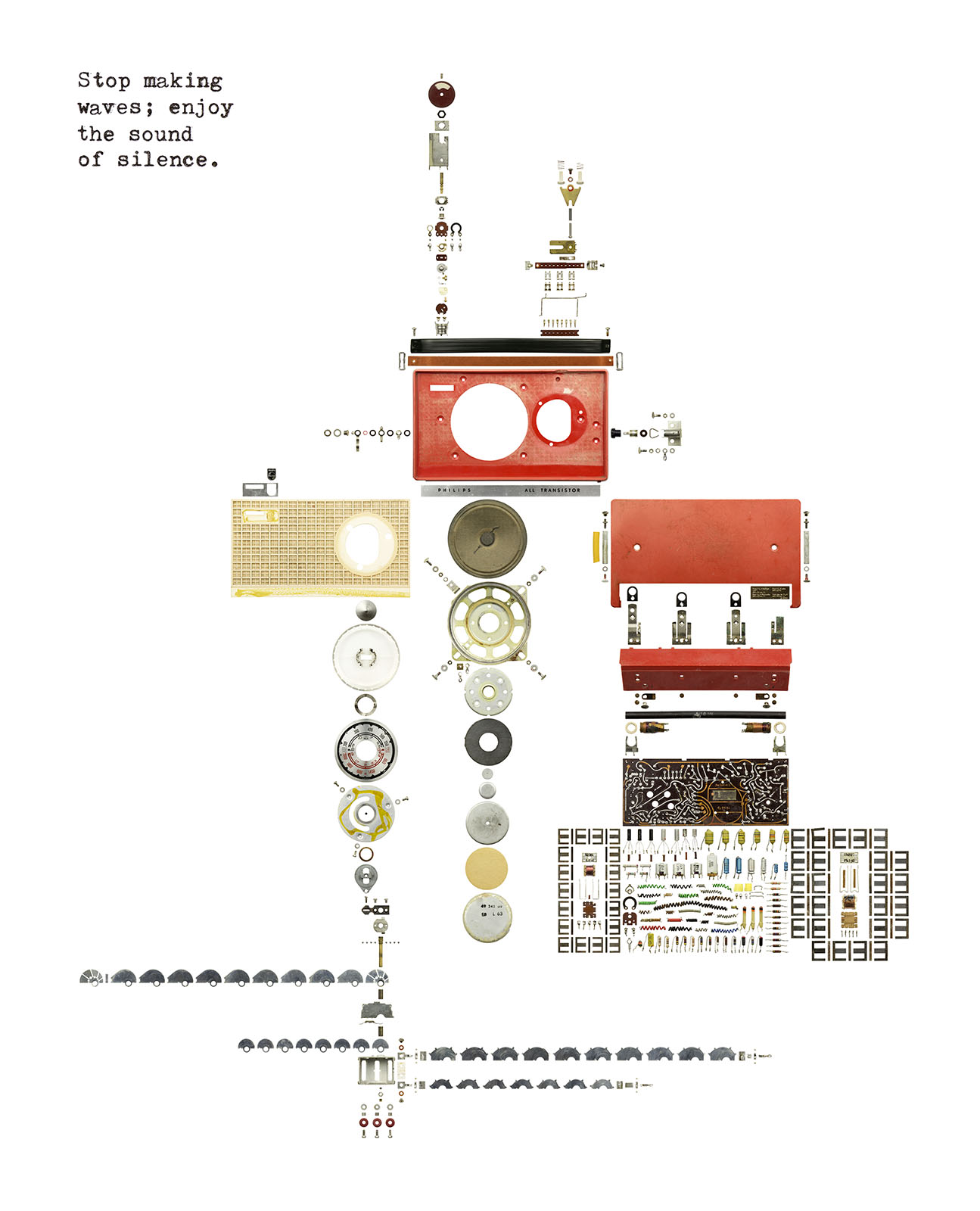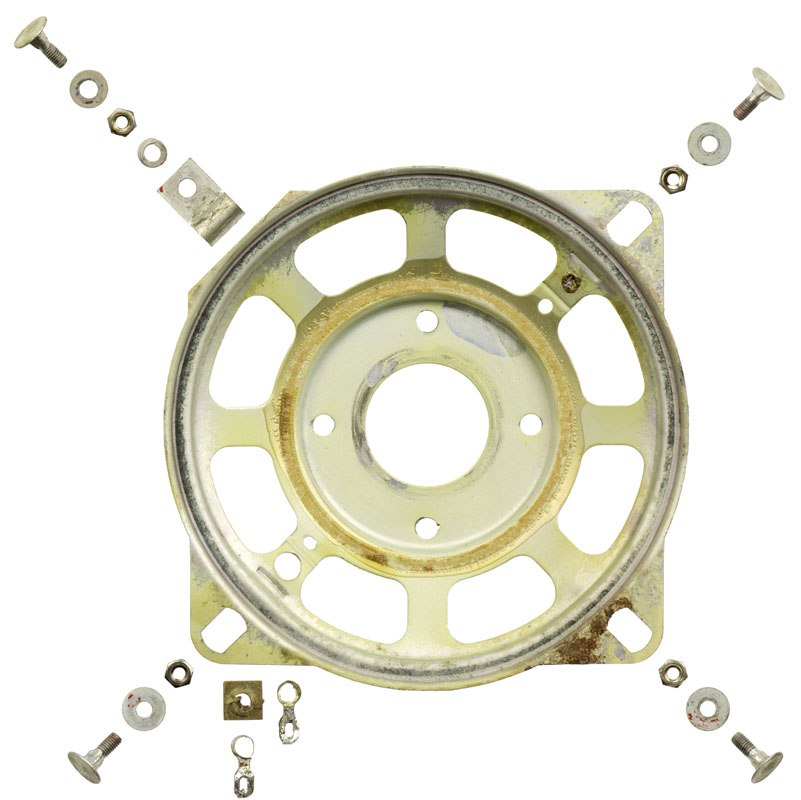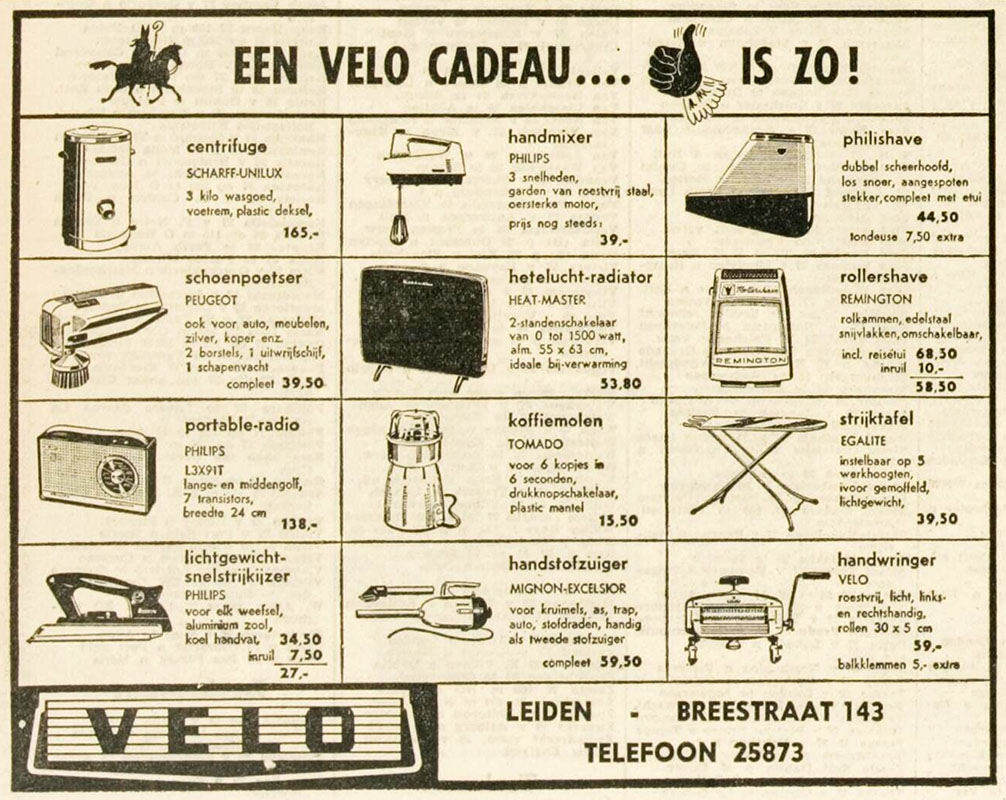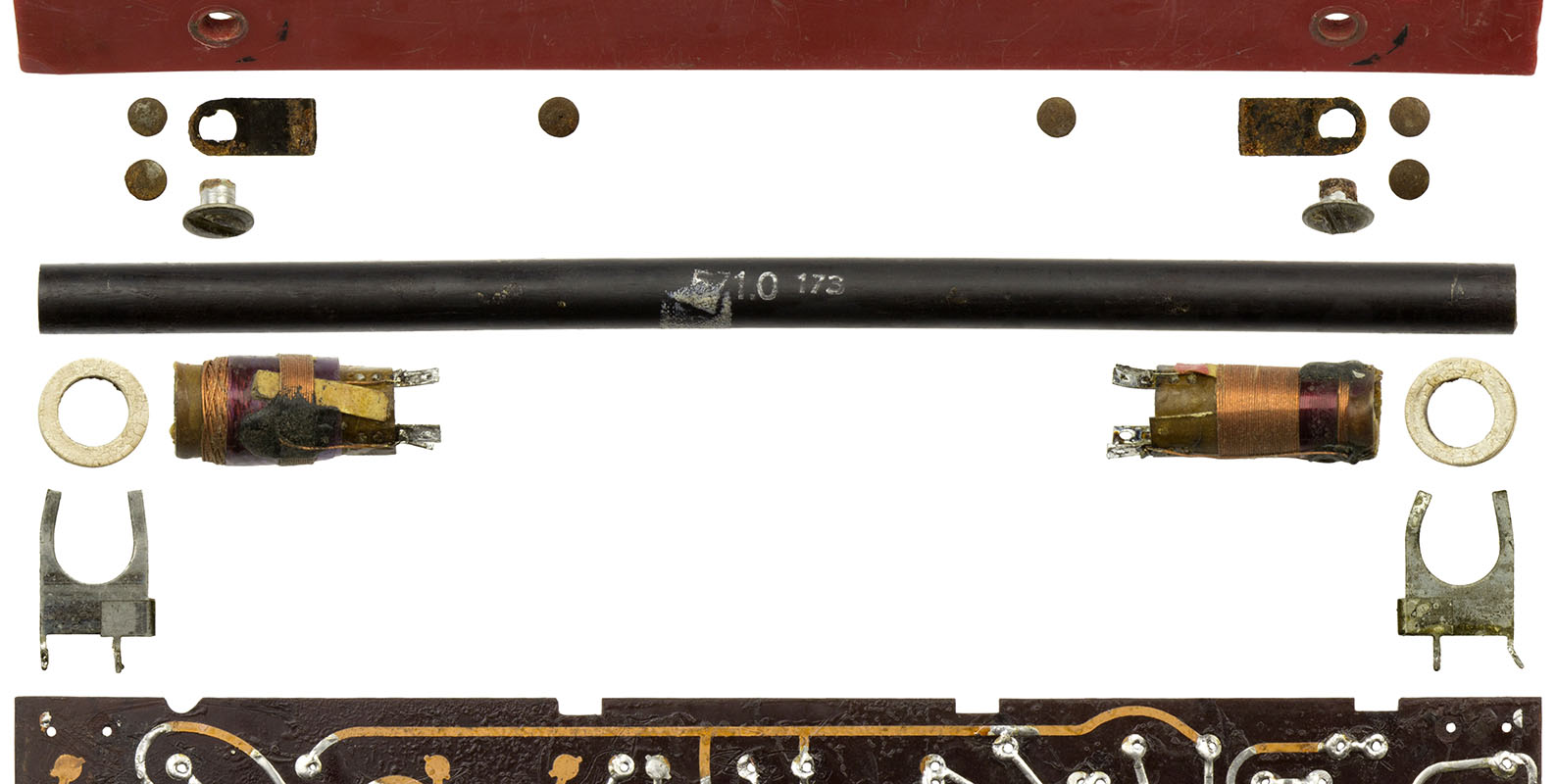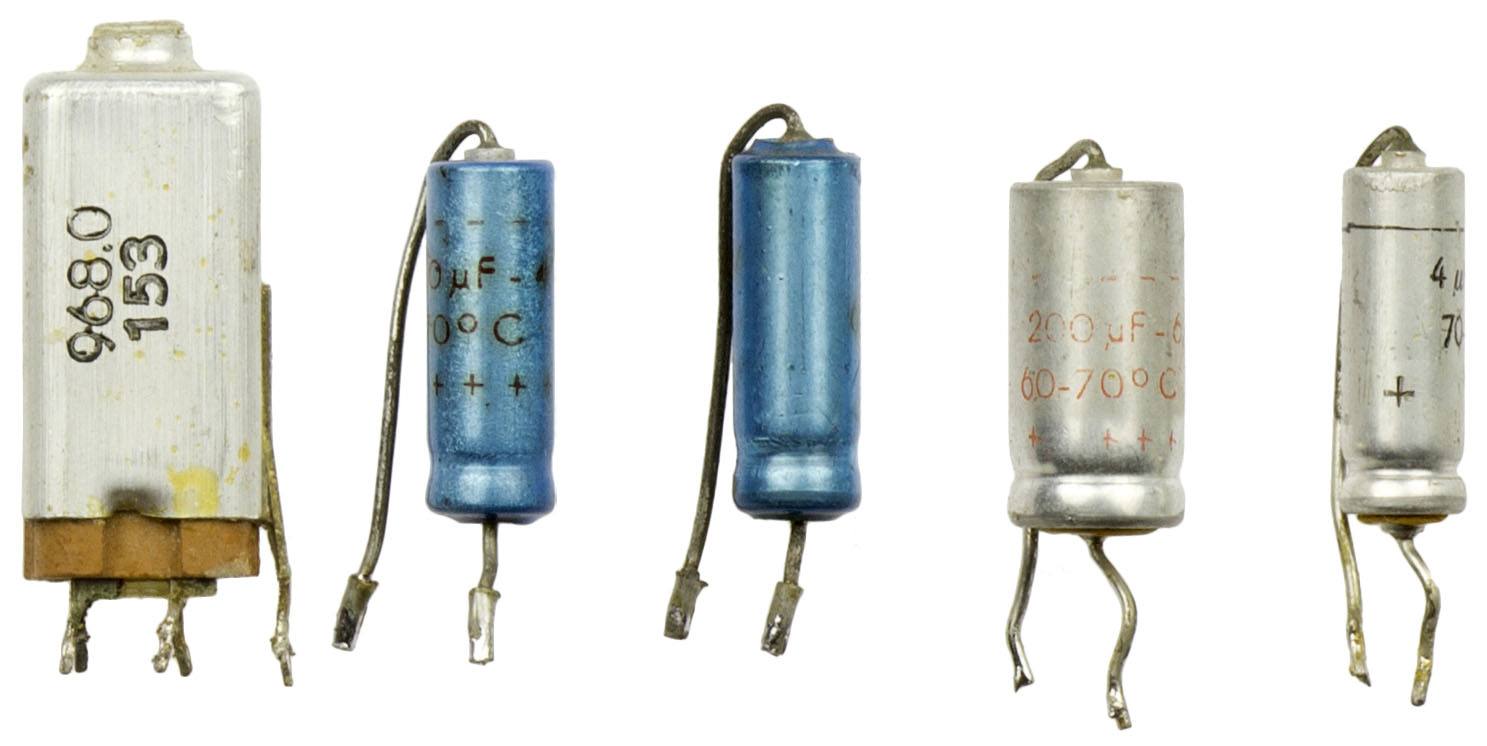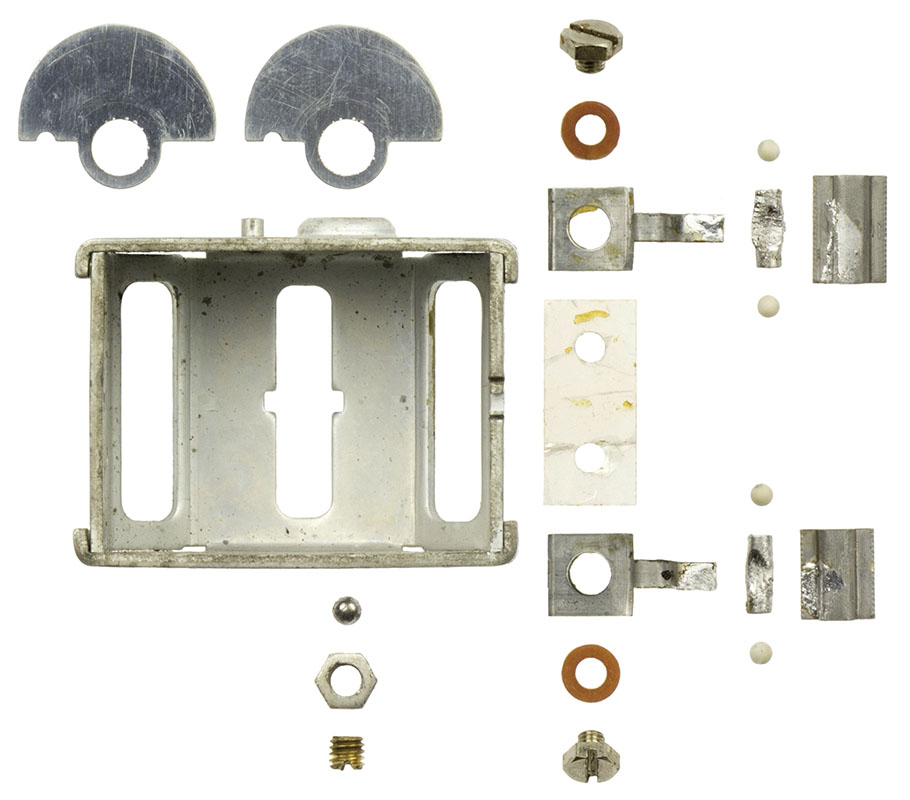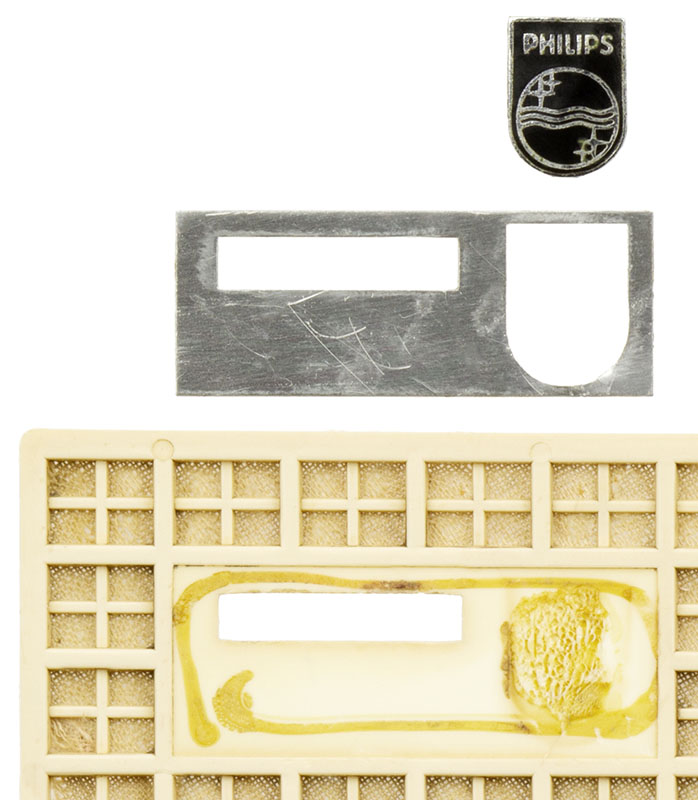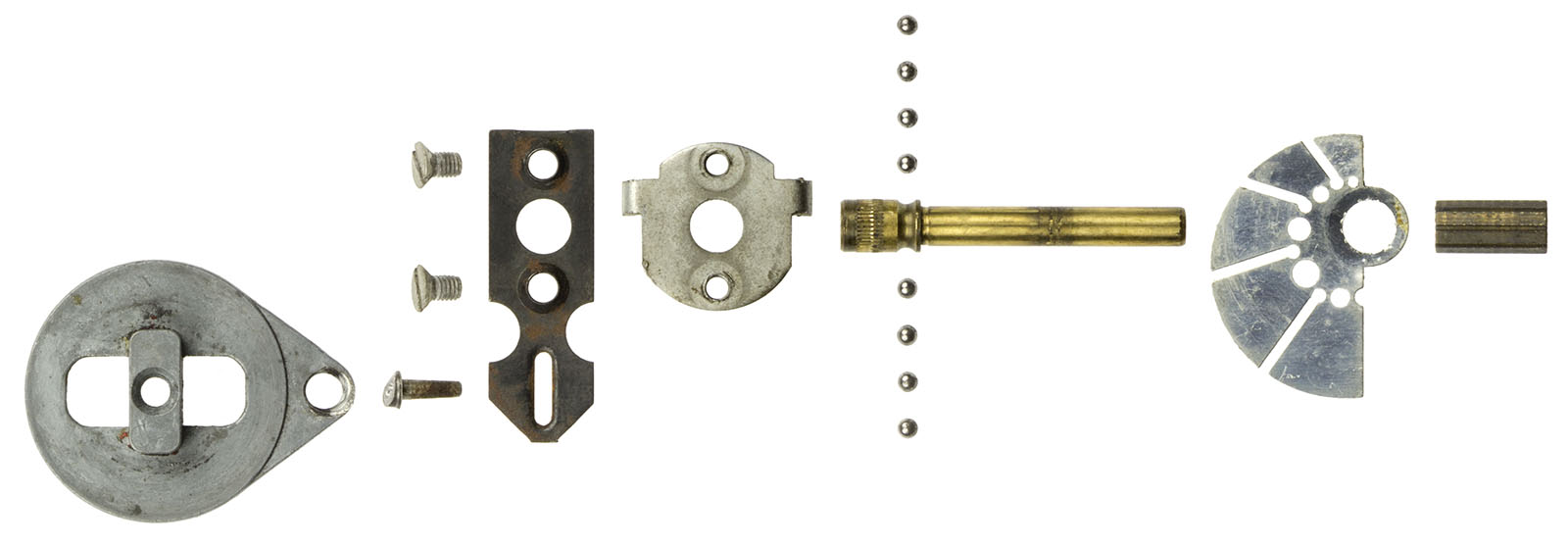
Breaking the Sound Barrier
Nowadays, whenever you feel like annoying the world around you, you just pump up the volume of your smart phone and start playing some music. It doesn’t have to be obnoxious death metal or gangster rap; any music will be annoying to your surroundings, as long as they’re not producing it themselves.
Back in the Fifties, people had no such luxury. When they wanted to be noticed, they had to use their voice or have their bodies produce sounds in other ways. But screaming at the top of your lungs does wear you out, and the human body can only produce so many farts and burps before it runs out of air.
Sure, they had radios back then, but those required a power outlet and weighed a ton, since they were stuffed with countless so-called vacuum tubes: these looked like light bulbs, but somehow did a magic thing to make radios produce sound. No one really knows how they work, as they were created after Sunday and we only have records of the first six days of creation.
Anyway, these sound bulbs were heavy and radios were bulky machines. At best, you could balance them on a window sill to annoy your neighbours. Theoretically you could get a very long extension cord and carry your radio to the end of your street –any further was useless, for as soon as you turned a corner, someone would cut the extension cord.
But once again, in 1960, Philips came to the rescue! They produced their first bulb-free radio, thanks to a new magical component: the transistor. Sure, the All Transistor Radio wasn’t cheap, at 138 Guilders. According to a newspaper ad from 1962, for the same amount you could get a Philips 3-speed kitchen mixer, a twin-head electric Philishave and almost two lightweight Philips irons (though why anyone would want even one iron is a mystery).
So initially, being noisy all over the place was a privilege reserved for the rich –and some poor sods who were willing to go full caveman and sacrifice a mixer, electric shaver and almost two irons to be the best nuisance they could be. But still, thanks to this breakthrough, portable radios eventually became affordable for everyone, and now we can all be as noisy as we want to be, wherever we go. And we are. Not you or me, obviously. We’re decent people.

